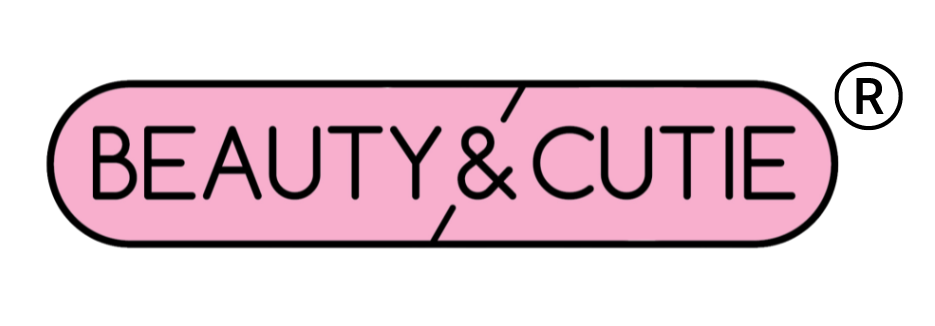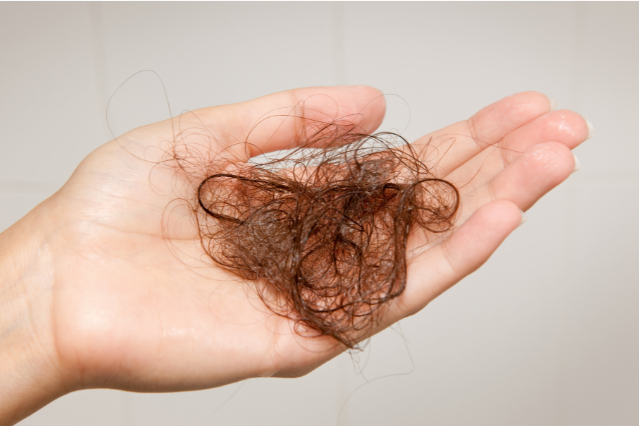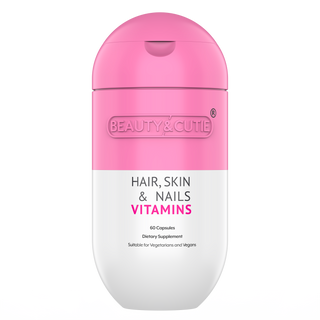For many women, hair loss can be a distressing experience. It's natural to wonder whether the amount of hair you're losing is normal, or if it's a sign of a larger problem. In reality, hair loss is a common occurrence that affects many women, and the amount of hair loss can vary depending on a number of factors. In this article, we'll explore how much hair loss is normal, what causes hair loss, and when you should seek medical intervention. By the end of this article, you'll have a better understanding of hair loss and how to manage it.
What Is Hair Loss?
Hair loss, also known as alopecia, is the gradual or sudden loss of hair from the scalp or other parts of the body where hair typically grows. It's a natural part of the hair growth cycle, however, if you're noticing clumps of hair falling out, thinning hair, or bald patches, it could be a sign of a larger issue.
How Much Hair Loss Is Normal?
The amount of hair loss considered normal varies from person to person, but on average, losing 50-100 hair strands per day is within the normal range. It's important to note that this hair loss is usually not noticeable as it's replaced by new hair growth. However, if you're experiencing more significant hair loss, it's important to pay attention to the pattern and seek medical attention if necessary.
What Are The Common Causes Of Hair Loss?
There are several common causes of hair loss, including genetics, hormonal changes, and medical conditions. One of the most common causes of hair loss in women is androgenetic alopecia, also known as female pattern baldness. This condition is hereditary and can begin as early as the teenage years. Hormonal changes, such as those that occur during pregnancy or menopause, can also cause temporary hair loss.
Medical conditions such as thyroid problems, autoimmune disorders, and scalp infections can also contribute to hair loss. Additionally, certain medications and treatments, such as chemotherapy, can cause hair loss as a side effect.
How To Tell If I Am Experiencing Hair Loss
If you're a woman experiencing hair loss, it's important to identify the symptoms early on to prevent further damage. Here are some ways to tell if you're experiencing hair loss:
- Excessive shedding - if you're finding more hair than usual on your hairbrush or in the shower drain, it could be a sign of hair loss.
- Thinning hair - if you're noticing your hair is becoming thinner or finer, it could be a sign of hair loss.
- Receding hairline - if your hairline is receding, it could be a sign of androgenetic alopecia.
- Bald Spots - if you have bald patches on your scalp, it's a sign that hair follicles are no longer producing hair.
- Itchy or irritated scalp - if your scalp is irritated or itchy, it could be a sign of a scalp infection that's causing hair loss.
- Change in hair texture - if your hair is becoming more dry, brittle or frizzy, it could be a sign of hair loss.
- Hair not growing back - if you notice that hair is falling out but not growing back, it could be a sign of hair loss.
If you're experiencing any of these symptoms, it's important to see a doctor or a dermatologist for a proper diagnosis. They can help identify the underlying cause of your hair loss and recommend the best course of treatment. Early intervention is key to preventing further hair loss and promoting hair growth.
What Can I Do To Reduce Hair Loss?
Here are some tips to help reduce hair loss:
- Maintain a healthy diet: Make sure your diet is rich in vitamins and minerals, particularly vitamins A, C, and E, as well as iron and zinc. These nutrients can help promote healthy hair growth.
- Avoid tight hairstyles: Tight hairstyles can cause damage to the hair follicles, leading to hair loss. Try to avoid hairstyles that pull your hair tight, such as braids, cornrows, and ponytails.
- Use gentle hair products: Harsh chemicals in hair products can damage your hair and cause hair loss. Look for gentle, sulfate-free shampoos and conditioners that are formulated to strengthen and nourish your hair.
- Manage stress: Stress can cause hair loss by disrupting the hair growth cycle. Find ways to manage stress, such as meditation, exercise, or therapy.
- Avoid heat styling: Heat styling tools like curling irons and straighteners can cause damage to your hair. Try to limit your use of these tools and use a heat protectant spray when you do use them.
- Get enough sleep: Lack of sleep can disrupt the hair growth cycle and contribute to hair loss. Aim for 7-8 hours of sleep per night to promote healthy hair growth.
- Consider supplements: Some supplements, such as biotin and collagen, have been shown to promote healthy hair growth. Talk to your doctor or a registered dietitian to see if supplements are right for you.
- Hair, Skin, and Nail Vitamins: These vitamins are supplements that are formulated to support the health of these specific body parts. They typically contain a combination of vitamins, minerals, and other nutrients that are important for healthy hair, skin, and nails. Some common ingredients in hair, skin, and nail vitamins include biotin, vitamin C, vitamin E, zinc, and collagen.
Does Hair Washing Cause Hair Thinning Or Hair Loss?
No, washing your hair won't make your hair fall out or thin out. In fact, by removing dirt, extra oil, and product buildup that can block hair follicles and inhibit hair growth, washing your hair daily can help encourage healthy hair growth. But it's crucial to use a gentle shampoo and to refrain from over-washing, which can rob the hair of its natural oils and lead to dryness and breakage.
Does Hair Brushing Promote Hair Thinning Or Hair Loss?
No, brushing your hair does not cause hair loss or thinning. In reality, brushing your hair can assist disperse natural oils throughout the hair and boost blood flow to the scalp, encouraging healthy hair development. However, it's crucial to use a soft brush and refrain from brushing your hair while it's damp because doing so might harm and break the hair.
Conclusion
In conclusion, hair loss can be a frustrating and stressful experience, but there are steps you can take to promote healthy hair growth. By following these tips, such as avoiding tight hairstyles, using gentle hair products, managing stress, avoiding heat styling, getting enough sleep, and considering supplements, you can help prevent hair loss and promote healthy hair growth.
It's also important to remember that some hair loss is normal, and our hair goes through natural growth and shedding cycles. So, while it's important to take care of our hair, it's also important to not stress too much about normal hair fall. By taking care of our overall health and well-being, we can promote healthy hair growth and feel confident in our appearance.
Final Thoughts
Why settle for looking anything less than your absolute best? Introducing Beauty and Cutie, the groundbreaking supplement that will have you glowing from head to toe. Packed with essential nutrients, our formula nourishes hair, skin, and nails for a truly radiant you.
Sources
- https://www.mayoclinic.org/diseases-conditions/hair-loss/symptoms-causes/syc-20372926
- https://www.ncbi.nlm.nih.gov/pmc/articles/PMC7432488/
- https://my.clevelandclinic.org/health/diseases/16921-hair-loss-in-women
- https://www.byrdie.com/changes-in-hair-texture
- https://www.byrdie.com/hairstyles-that-cause-damage
*These statements have not been evaluated by the Food and Drug Administration. This product is not intended to diagnose, treat, cure or prevent any diseases.


